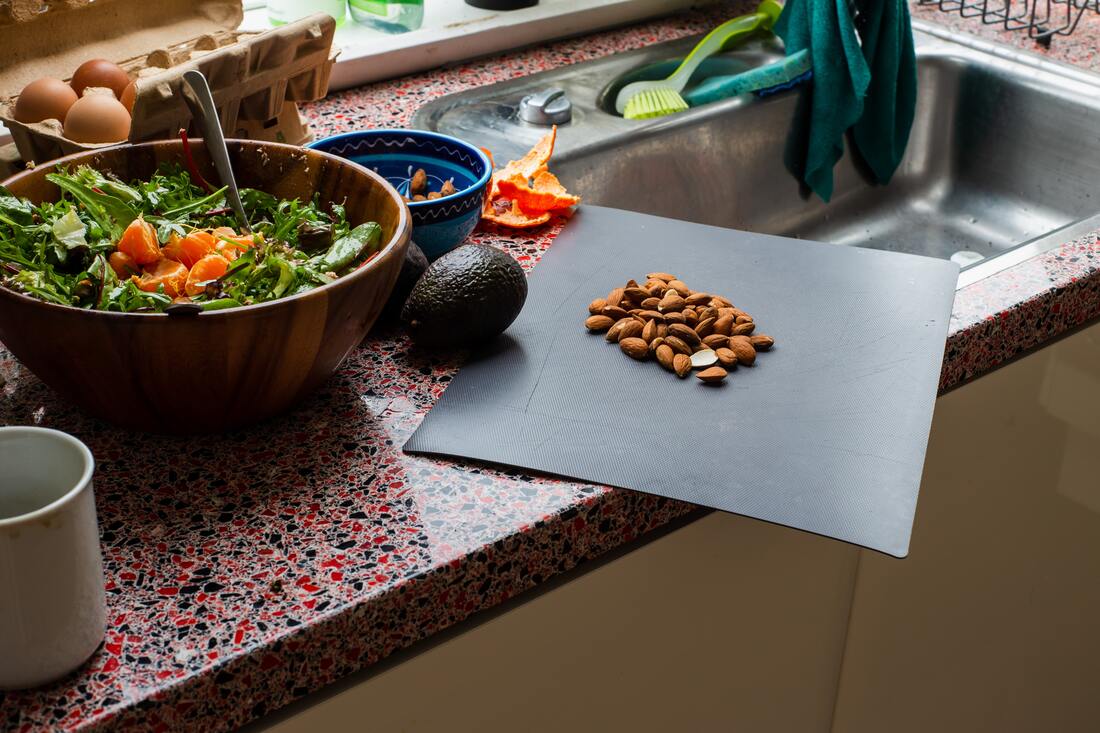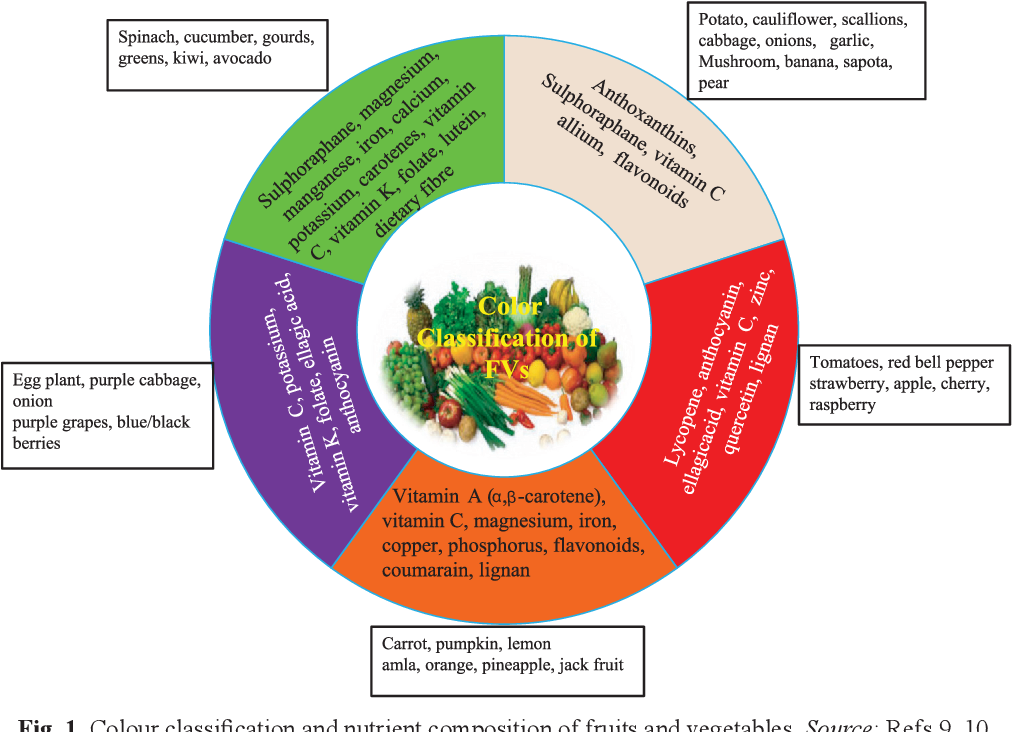|
SEARCH My Blog (Opens in new tab)
If you are over 50 now's the time to make these changes Photo by Louis Hansel @shotsoflouis on Unsplash We're swamped with nutritional information, but we rarely take action to improve our diets. Healthier eating matters at any age but it matters more as we age. Better choices will help us live longer better. If you are over 50, now's the time to make those choices. When I was 50 I was diagnosed with Type 2 diabetes. I had left my healthy choices too late, but since then, I've been learning every day. Here's what I know that will help you. Making it simplerPart of the problem of changing our diet is that the choices are too complicated and that the benefits are not communicated simply enough. For example, here is one explanation of the benefits of a healthy diet: Whole plant foods range widely in their health effects because of their variation in level and type of fiber, nutrients and phytochemicals, which can have differential effects on aging, chronic disease risk, cognitive function and longevity by their impact on weight regulation, lipoprotein concentrations and function, blood pressure, glucose-insulin homeostasis, oxidative stress, inflammation, endothelial health, hepatic function, adipocyte metabolism, visceral adiposity, brain neurochemistry and the microbiota ecosystem. That's a mouthful isn't it? It means this: eating whole grains, e.g. wheat, oats, barley, buckwheat and quinoa, will reduce our likelihood of a heart attack or stroke, and keep your weight down. Five homely tips that will work for youHere are my most straightforward life-changing tips for a better diet when you're older (this is what I do):
#1 Change: eat more whole grains Whole-grain bread is more beneficial than white bread in controlling abdominal fat. Have an oatmeal breakfast regularly and add berries of your choice, dark berries even better (or dark chocolate pieces even better!). Make a beef barley soup on the weekend, and spread a few serves over the week for lunch. Throw in quinoa or chia seeds. Not dissimilar to grains are nuts. Nuts help control our body weight, and reduce our rate of "vascular aging" - they slow down the hardening of our arteries. #2 Change: add more nuts Have a small handful or two of nuts each day, particularly walnuts, pistachios, almonds and brazil nuts. You only need one Brazil nut each day. For example, a serving of 1 Brazil nut, 5 walnuts, 10 almonds, and 20 pistachios is about 300 calories. Reduce the less nutritious foods in your diet by that extra 300 calories, or eat less of everything else, or walk for an additional 5km. Otherwise, you'll have excess calories which will be stored as fat. #3 Change: eat more colours of fruits and vegetables It's satisfying to replace a sugary snack with a lovely piece of fruit or a fresh carrot. Eating a mixture of different coloured fruits and vegetables delivers improved odds of healthy aging, including reducing our rate of cognitive decline. These guys play a big role in beefing up our immune system, which degrades as we age. That's why older people are more susceptible to viruses. The table below makes it simple. Stick it on your refrigerator. Pull out three colours from your fridge, and from your vegetable bin mix in root vegetables such as sweet potatoes, onions, turnips, ginger, beets, garlic, radishes and fennel. #4 Change: adjust your healthy fat intake Less saturated fat is highly recommended. Swap out one higher fat meal, e.g. beef, lamb, processed meat, hot dogs, for chicken, turkey or other white lean meats. Swap out another high unsaturated fat meal for fish, especially for oily fish such as salmon, tuna, sardines, mackerel, and trout. These fish are full of omega-3 fatty acids which are good fats, unlike the unhealthy saturated fat you find in most meats. The good fats help reduce general chronic inflammation - including in the brain - which will help you live better longer. #5 Change - eat 20% less, exercise 20% more It's best if you can also cut back on your calorie intake by 20% - and here I am talking to people over 50 like me. If you are exercising regularly and maintaining a healthy weight, then you know what to do - you may not need to cut back. However, if you are seeing your toes disappear beneath your tummy, then gently slicing your food intake by 20% is a good move. It may well prevent you from developing Type 2 diabetes. You don't want to have Type 2 diabetes, believe me, it is life-changing (or life-ending if you don't change your life). Please go out and buy a cheap smaller set of dinner plates, and experiment by filling them with the same gap to the edge as you did your larger plates. It's possible that the appearance of eating "the same" might help your brain feel satisfied. If it doesn't work for you, forget it. Use the plates for something else and move on. Replace some of your least nutritional foods, e.g. snacks, biscuits and sugary drinks, with others with fewer calories and more nutrition, e.g. nuts and fruits. Or try cutting out snacking after 8 pm, and, for sure, cutting out adding sugar to your tea or coffee. The key to success is to find a sustainable reduction of about 20% in your daily calorie intake. Also, add 20% to your daily exercise. If you are not exercising start by walking for 20 minutes each day. For most people walking for 10 minutes burns 50 to 60 calories. Walk for 40 minutes each day - 4km - you'll burn about 10% of your daily calorie intake. You'll also get all the other benefits of keeping your body mobile, such as a clearer mind and routine maintenance of your skeletal muscles. Eating real food, less of it, and walking more will change your worldEating more whole grains and nuts, combined with less high-saturated fat protein, more lean meats, fatty-oil fish, and three colours of vegetables will help you age more with reduced risk of chronic disease and premature death. Eating a little less of the lot, and exercising a little more, will keep you upright, mentally alert, and more fun to be with for longer. It's not that hard to do. It's up to you. PS Here's more on why to grab more fruit and vegetablesOne of the most important reasons to add more fruits and vegetables is because of their phytochemicals. Phytochemicals are a group of nutrition components found in herbs, fruits, vegetables, grains, legumes, nuts and spices. Phytochemicals tend to blur the line between food and medicine and often form part of the claims for the benefits of "superfoods". Here is a list of everyday foods that are rich in phytochemicals. Use this list, in conjunction with colours, for your daily healthy choices. You can also drink more tea. Your Choice of Nutrient-dense High-phytochemicals Foods
> More posts to help you with EXERCISES > More posts to help you with DIABETES > If you are a @MEDIUM reader my publication Body Age Buster has hundreds of categorised posts which I have written especially for men and women over 50 Follow me on Quora for more health and fitness tips.
If you valued this article >> Follow me Leave a comment >> Share it >> Stay healthy If you have any questions email me and I will get back to you. Latest: get your free customised fitness plan designed uniquely for you.
|
ChoicesSince I was diagnosed at 50 with Type 2 diabetes I've been learning how to do bone-building fitness training which lowers my age. You can too. It's your choice. Walter Categories
All
Archives
May 2023
|

 RSS Feed
RSS Feed 


